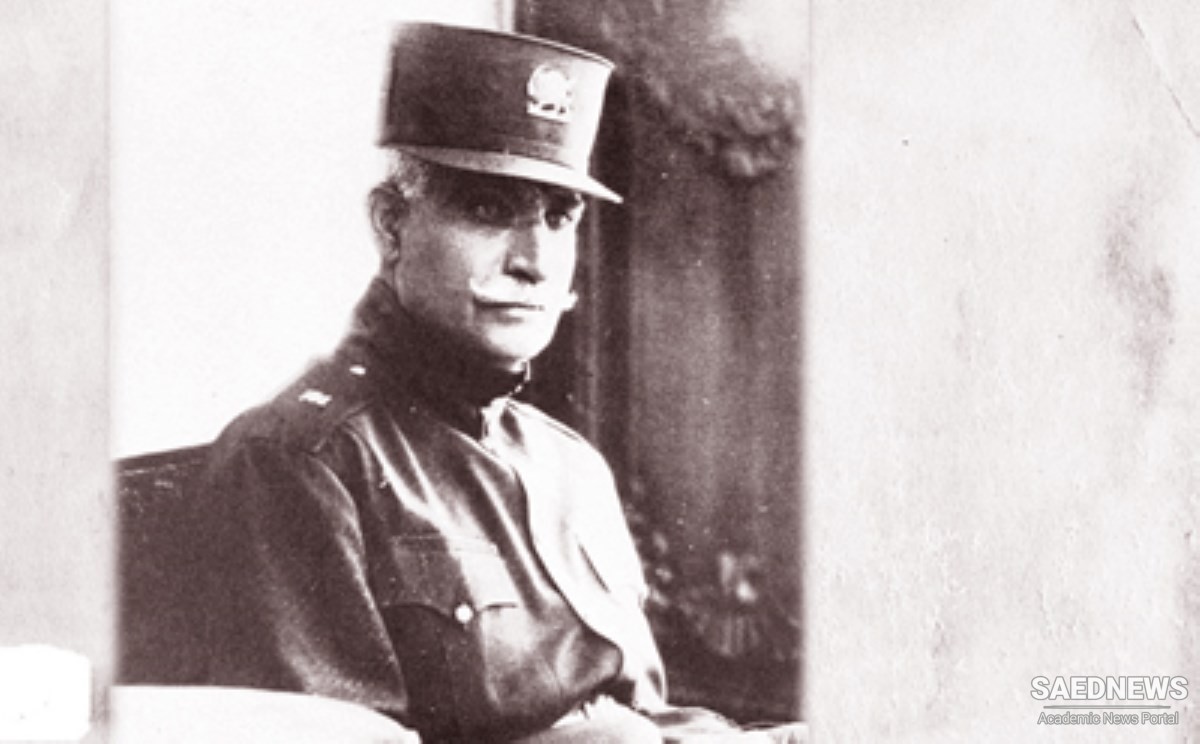He left the country with an extensive state structure – the first in Iran’s two thousand years. It has been said of Stalin that he inherited a country with a wooden plough and left it with the atomic bomb. It can be said of Reza Shah that he took over a country with a ramshackle administration and left it with a highly centralized state. In assessing him, historians, especially Iranian ones, have invariably raised two loaded questions.
Was he a true patriot or a British “agent”? Was he comparable to other contemporary strongmen, especially Ataturk and Mussolini? The first question was made obsolete by later events – especially his removal by the British. The second is anachronistic since these other rulers had inherited centralized states. A more apt comparison would be with the Tudors, early Bourbons, or sixteenth-century Habsburgs – monarchs whose goal had been to create centralized states.
Reza Shah drove like a steamroller toward this goal, crushing all opposition, whether from the left or right, from the center or the provinces, from the aristocratic notables or the nascent trade unions. A man of few words, he had little time for rhetoric, philosophy, or political theory. The main ideological baggage he carried stressed order, discipline, and state power.
He conflated his own persona with the monarchy; the monarchy with the state; and the state with the nation. Not averse to harnessing religion, he gave the state a motto containing three words: Khoda (God), Shah, and Mehan (Nation). Some quipped that as his power increased, the middle word rose to dwarf the other two.
In his eyes, however, the trinity was so interwoven that opposition to him was tantamount to opposition to the state, the nation, and even religion. In other words, political dissent was tantamount to subversion and treason.


 Features of Reza Shah’s cultural politics
Features of Reza Shah’s cultural politics














































